Me? Definitely Won’t Be! Join the #SynthResistance
When ELECTRICITYCLUB.CO.UK came into being in March 2010, synth was still on a recovery path and it seemed PET SHOP BOYS were the only act continuing to fly the flag successfully having been awarded the BRIT Award for ‘Outstanding Contribution To Music’ the previous year.
While DEPECHE MODE and SIMPLE MINDS had released albums in 2009, their latest material showed few signs of their imperial phases. BLANCMANGE, NEW ORDER and SOFT CELL had not yet returned, ULTRAVOX were still to release ‘Brilliant’ despite a well-received live return and while THE HUMAN LEAGUE were regulars on the live circuit, they had not issued a new album for 9 years. Meanwhile OMD and DURAN DURAN were in a state of creative flux having released disappointing albums in ‘History Of Modern’ and ‘Red Carpet Massacre’ respectively.
However in 2024, most of these acts are performing to sizeable audiences and while ULTRAVOX may have called it a day in 2013, Midge Ure continues to tour with songs from ‘Vienna’, ‘Rage In Eden’, ‘Quartet’ and ‘Lament’. For these heritage acts, the concert circuit is now very lucrative and a testament to their music still standing up after several decades and most importantly for longevity, appealing to new and younger audiences.
But for new synth music generally, particularly in Britain, it appeared to be in decline although these signs had been very apparent over the past few years. One thing that has been significant about ELECTRICITYCLUB.CO.UK’s 30 SONGS OF 2024 was that on only 4 occasions was there full or part representation from the nation that seeded Synth Britannia… how the mighty have fallen! And when Taylor Swift is doing better electronic pop songs than most, then there’s a real problem!
First time around during 1994 to 1997, Britpop had as good as killed off the synth and with the news of the OASIS live reunion in 2025 grabbing all the headlines, it looks as though history is repeating itself. But everything is cyclical and there was a backlash against guitar bands after the new millennium began. There is hope yet but while a MIRRORS reunion is unlikely any time soon, it takes darkness to appreciate the light so anything is possible 😉
2024 was a year fraught with uncertainty and this was reflected musically. With ongoing political tensions in their homeland and having spoken out against the invasion of Ukraine by Russia, MOLCHAT DOMA relocated from Belarus to Los Angeles. Their excellent fourth album ‘Belaya Polosa’ channelled the anxiety and fear of that journey into exile and literally saw the trio change from sounding like JOY DIVISION to sounding like NEW ORDER. But have they walked from the frying pan into the fryer?
Released back in March before the US Elections, one of the best albums of 2024, ‘Masochist’ by NIGHT CLUB became a dystopian prophecy come true. Emotions were summed up by the inclusion of ‘The Lunatics (Have Taken Over the Asylum)’, a cover of the song by FUN BOY THREE. Written as a metaphor to the dangerous posturing games played by “The Cowboy” Ronald Reagan in 1981 during The Cold War, today the even crazier orange face is back followed by his flock of mindless MAGA sheep…
‘If You Tolerate This, Then Your Children Will Be Next’ sang MANIC STREET PREACHERS and more than ever in the UK, it is important to stand against the retarded racist scum getting behind the neo-fascist posturings of that pompous grifter Nigel Farage to cover up for their own life failings. Add in a crackpot billionaire who inherited blood money made during the vile South African Apartheid regime, playing a real life Dr Evil by throwing his cash into the far right and supporting the new Nazis in Germany of the AfD, and the world is in a very precarious position right now. Quoting Midge Ure who recently gave new live renditions of the ironically monikered RICH KIDS’ sadly relevant 1978 anti-Nazi anthem: “NEVER AGAIN DO I WANT TO HEAR THE SOUND OF MARCHING MEN!”
Anglo-German duo KALEIDA experienced an existential crisis due to the pressures of parenting and the shifting patterns of life. But Christina Wood and Cicely Goulder managed to make their long distance creative partnership work again and their reward was their third album ‘In Arms’. As the title suggested, it has been an impassioned battle capturing 3 years of artistic perseverance and reinforced their sense of purpose.
On a more personal level, Anglo-French artist Julia-Sophie delved deeper into the complexities of relationships by exploring themes of self-destruction, tenderness, love and emotional struggles. This is what happens when people ‘forgive too slow’ but swathed in an intriguing electronic sound, her understated fulfilment combined emotional unease with an airy beauty for some satisfying thoughtful listening for another of the best albums of 2024.
With the onset of climate change but still those in denial despite the scientific proof, Patricia Wolf conceived ‘The Secret Lives of Birds’. Having recorded various bird songs and calls, curiosity led her to become a conservationist and while her music was very beautiful at times, there were darker moments of angst and sadness driven by concern. Birds and their behaviour have been a creative haven for artists of a more ambient persuasion and Masayoshi Fujita continued his avian fascination on his new work ‘Migratory’.
Loula Yorke presented her new ‘Volta’ and the wonderful opener ‘It’s been decided that if you lay down no-one will die’ acted as a bittersweet meditation on overwhelm, an emotion many were feeling. For Finlay Shakespeare, his creative journey appeared to have taken its emotional toll and ‘Directions Out Of Town’ reflected turbulent times and was touted as possibly his last album. Meanwhile Polish producer ZAMILSKA summed feelings up with the impassioned ‘United Kingdom Of Anxiety’ as another exile from Belarus CHIKISS captured this moment ‘Between Time & Laziness’.
While a new PET SHOP BOYS album was always on the cards and they duly delivered with their fifteenth ‘Nonetheless’, Michael Mertens and Ralf Dörper starting a new chapter of PROPAGANDA was perhaps on not on anyone’s bingo card at the start of 2024. Featuring the sultry vocals of Thunder Bae, PROPAGANDA presented an eponymous long player to signify a fresh start with the closing cover ‘Wenn Ich Mir Was Wünschen Dürfte’ being a key highlight.
There were several key esoteric releases in 2024; Gareth Jones and Daniel Miller released their third volume of ‘Electronic Music Improvisations’ as SUNROOF while Heiko Maile and Julian DeMarre offered ‘Neostalgia’, leaving Jori Hulkkonen with some ‘Hurt Humour’. And like a greeting from wherever he is now in the universe, Klaus Schulze had ‘101, Milky Way’ posthumously released in a continuation of his vast electronic legacy.
In 2024, there were albums released where 90 to 100% of the content comprised of previously released singles; one of those was the debut album by LEATHERS, the side-project of ACTORS keyboardist Shannon Hemmett which explored her love of dark electronic pop. Another was the appropriately titled ‘VII’ by Swedish duo KITE which was their seventh body of work containing music from their seven most recent singles released over the past seven years, gathering the power and the glory of their ambition.
Using a similar strategy, R. MISSING finally released an album ‘Knife Shook Your Hand’ after years of embracing a scattergun standalone song approach which at times was frustrating to follow, especially with today’s now widely embraced Netflix-led home and mobile entertainment methodology of “binge watching” TV series.
CAMOUFLAGE finally took their ‘Rewind To The Future & Goodbye’ tour on the German road with a show look backing on four decades. Meanwhile celebrating 45 years of BLANCMANGE, ‘Everything Is Connected’ was a new career-spanning collection supported by a tour where Neil Arthur supported himself with his collaborative side project THE REMAINDER. Celebrating 25 years of the multi-million selling ‘Play’, Moby delivered a mighty greatest hits set in front of a packed house at London’s O2 Arena as well as highlights from that album.
Midge Ure aired his catalogue of his greatest hits and with so many ULTRAVOX songs part of the set, it was difficult not to think of his departed bandmate Chris Cross who passed away this year. Another sad loss in 2024 who had connections to ULTRAVOX and their former leader John Foxx was the iconic photographer Brian Griffin; his other subjects included DEPECHE MODE, OMD, SPANDAU BALLET and TALK TALK.
With 16 tracks speeding through its restless 40 minutes, ‘Powder Dry’ saw Tim Bowness revisiting his passion for the post-punk and electronic pop acts of his teens, having opened for the solo Billy Currie version of ULTRAVOX and worked with members of JAPAN while in his first band NO-MAN with Steven Wilson; of course the latter has been behind the spate of new remixes of ULTRAVOX for their series of lavish boxed sets.
A number of veterans returned after long new release absences. Michel Moers, best known as the front man of Belgian electronic trailblazers TELEX released what was only his second solo studio album ‘As Is’ and had Claudia Brücken guest on its lead single ‘Microwaves. Meanwhile after several years in the making, Harald Grosskopf presented ‘Strom’, translated from German as “electricity”.
Across the Atlantic, Los Angeles-based multimedia artist Geneva Jacuzzi gave a detached Eurocentric poise reminiscent of Gina X and her third album ‘Triple Fire’ was an enjoyably delightful mix of accessible electronic pop and energetic art chaos. Comprising of North America’s alternative music power couple Tom Shear and Mari Kattman, HELIX took their fans to an ‘Unimaginable Place’ as another US based couple XENO & OAKLANDER further refined their precise yet spirited productions for their eight album ‘Via Negativa (in the doorway light)’.
Newer North American acts making a splash were IMMORTAL GIRLFRIEND and Canada’s MINDREADER while Los Angeles-based duo DIE SEXUAL finally brought their erotic charge to the stage opening for the likes of IAMX and LEÆTHER STRIP. But the most promising act emerging stateside were Haute & Freddy.
For the past few years, Alison Lewis has focussed on her ZANIAS solo venture but she was back playing live with Ryan Ambridge as LINEA ASPERA in the summer with the pair having been quietly writing and recording new material together. Having found TikTok fame performing synthwave styled covers, DREAMKID released his second album ‘Daggers’ to capitalise on his social media traction while both exploring much darker climes, CURSES and CZARINA released their third full length albums.
In Europe, Belgian duo METROLAND released their sixth album ‘Forum’ as well as simultaneously maintaining their solo projects 808 DOT POP and LECTREAU. In Sweden, Johan Agebjörn was a very busy man releasing EPs with Yota and Mikael Ögren while also announcing he has a work-in-progress with NINA; the Queen of Synthwave’s own musical partnership with RADIO WOLF was developing nicely, with a European tour opening for CANNONS giving the couple a chance to showcase their darker sound.
As the summer ended, IONNALEE ambitiously issued her new album simultaneously in English and Swedish while Norwegian neighbours PISTON DAMP declared there were “No Points For Trying” as they launched the more pessimistic instalment of their twin volume ‘Mastermind’ album venture.
Presenting the second volume of their ‘Midnight Confessions’ series, ITALOCONNECTION were back with their vintage but modern style of Italo disco while Greco-German trio DINA SUMMER showed that good electronic dance music with a grittier impassioned outlook was alive and well in Berlin. Also based in the former divided city, Polish DJ and producer CHARLIE emerged as one of the promising new stars on the Italo-Proto scene.
Retrospective sets can often compile another time, another place as exemplified by releases this year from Bryan Ferry, Peter Baumann and NO-MAN proved. But the best one came from FRANK CHICKENS whose ‘Ninja Legends 1983-1989’ captured them in their quirky prime, especially on the collection of BBC radio sessions which made it an essential purchase. On the book front, ‘1984: The Year Pop Went Queer’ was among the best.
The desire to revisit the past became a major thing in 2024, as exemplified by the frenzy surrounding the sale of tickets for the OASIS reunion shows which were among the first in the UK to employ the dreaded but perfectly legal scam of dynamic pricing. But the need to see any band years past their commercial peak with the likelihood of a less accomplished performance than before, be it vocally, musically or energetically, was a head scratching prospect. The music world has been trying to make up for lost time and money since 2021 but the post-covid gig bubble may have now burst.
With ELECTRICITYCLUB.CO.UK having seen many bands back in the day at their best, the shows now available with a hint of nostalgia may not have been universally appealing as they were to those who were too young or not even born to have attended first time around. But paradoxically thanks to the dearth of new quality music, ELECTRICITYCLUB.CO.UK found itself listening to podcasts of old people talking about old music! So it was an honour to be invited by host Iain McDermott to chat about our favourite year in music 1981 for his wonderful ‘Back To NOW’ podcast centred around the noted compilation album series.
‘The Album Years’ hosted by Steven Wilson and Tim Bowness remarked that “talking about music IS the new music” and on the most knowledgeable, passionate and humorous podcasts, hosts were able to express their opinion and say a record or an artist was “sh*t” without immediate fear of social media retorts while also praising where praise was deserved!
But during a recent edition of ‘The Small Town Boys’, Clark Datchler of JOHNNY HATES JAZZ remarked that while music critics back in the day could be “cynical” and “nasty”, today they are at the other extreme and “sycophants now” with “hardly any criticism of records released” – this everything is brilliant mentality has undoubtedly led to an acceptance of mediocrity and a lack of perspective in a monoculture of medium pleasure.
With those forthright and articulate expressions key to their success, live presentations of these podcasts in theatres and arenas are becoming increasingly popular and profitable thanks to lower overheads, especially when compared to concerts.
Among ELECTRICITYCLUB.CO.UK’s favourite music podcasts in 2024 were ‘Word In Your Ear’ presented by former Smash Hits and Q editors David Hepworth and Mark Ellen, ‘Electronically Yours With Martyn Ware’ and ‘The Giddy Carousel of Pop’ discussing the history of Smash Hits. But best of all was the more general podcast ‘The Rest Is Entertainment’ hosted by Richard Osman and Marina Hyde which is part of Gary Lineker’s Goalhanger Podcast empire also behind ‘The Rest Is Politics’, ‘The Rest Is History’, ‘The Rest Is Money’, ‘The Rest Is Classified’ and ‘The Rest Is Football’; one suspects the popular socially conscious former footballer will not miss the BBC the way it will miss him 😉
If 2023 was something of a strange year, 2024 might have actually been stranger. There is a glimmer of hope for the future, but the signs are already there that things may get worse, be it socially, politically, environmentally or culturally… sometimes, people really do deserve what they get!
ELECTRICITYCLUB.CO.UK’s 2024 playlist ‘The Great Bleep Forward’ containing over 235 tracks from the year can be listened to on Spotify at https://open.spotify.com/playlist/4xMrAkCbeWvUmTfrN6i6Gu
Text by Chi Ming Lai
27th December 2024


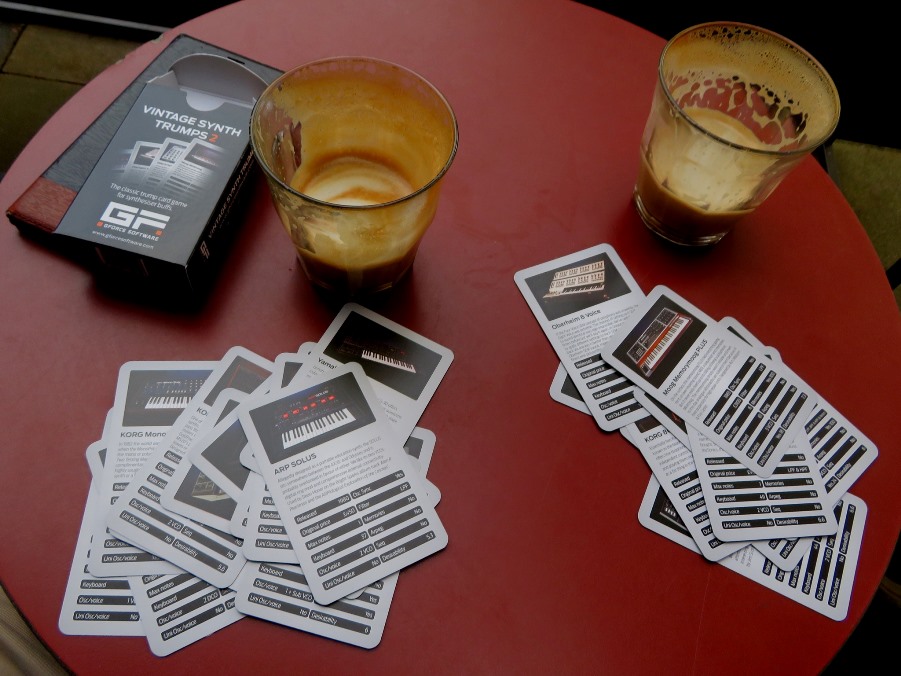









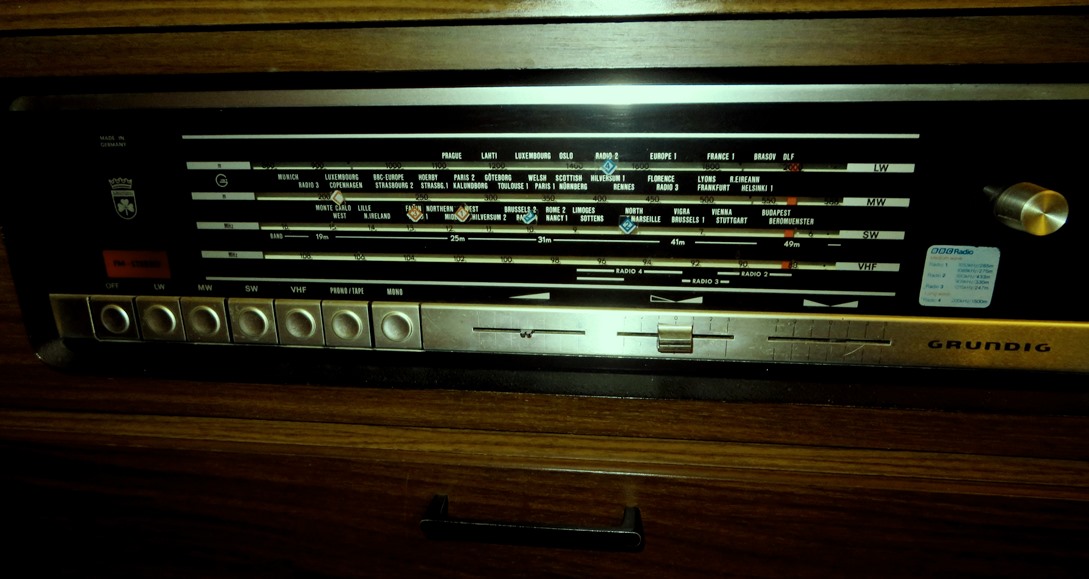
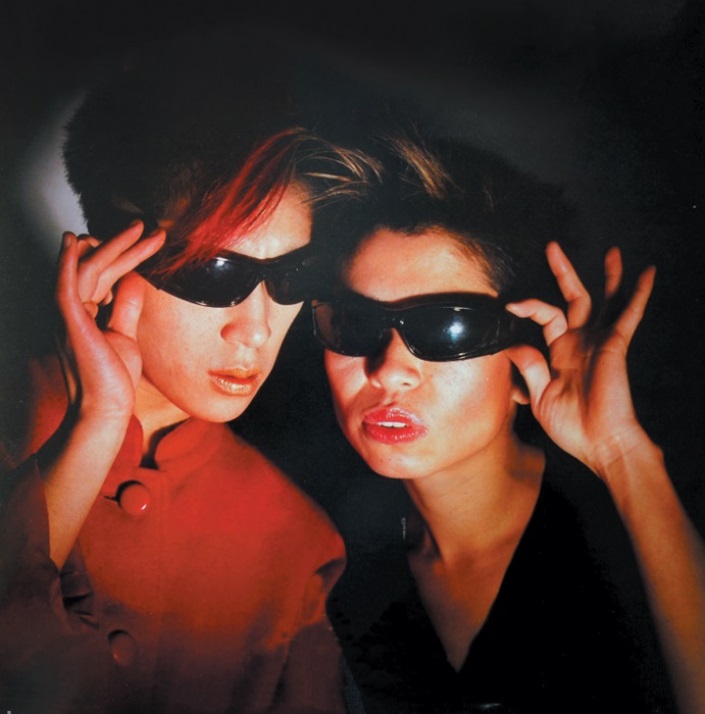
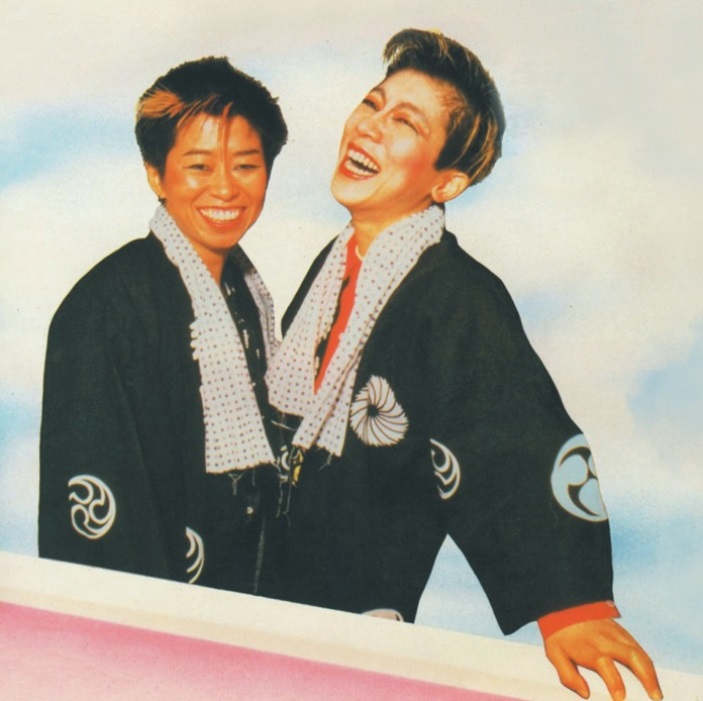
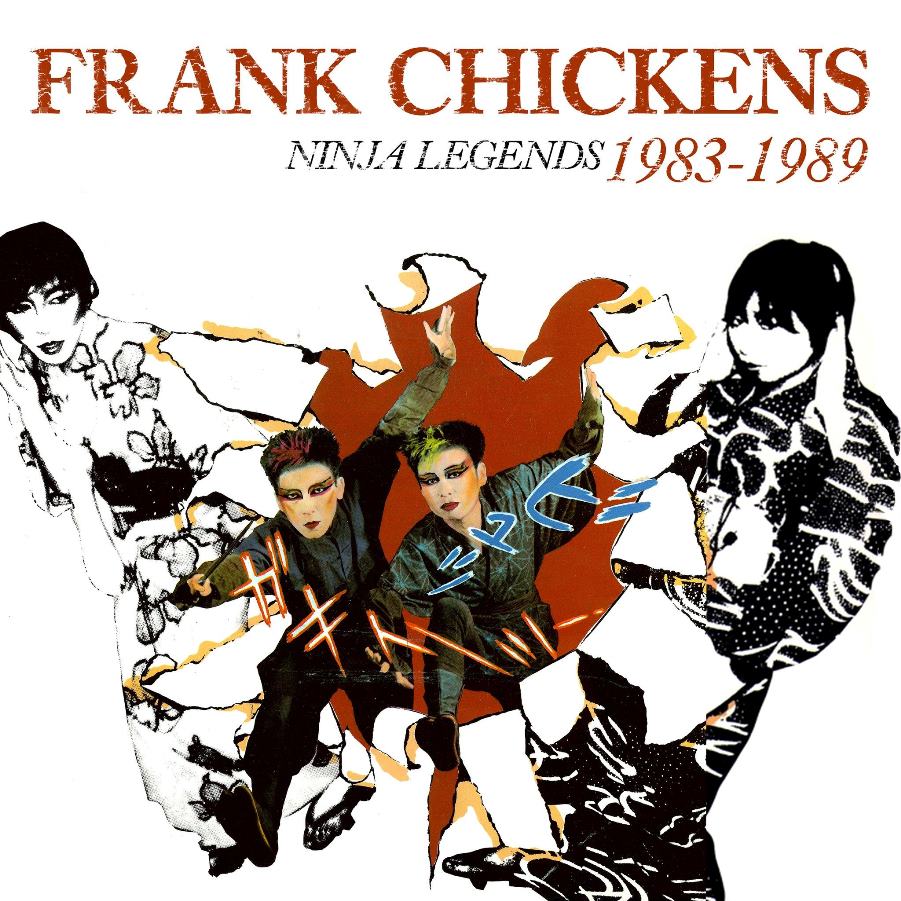

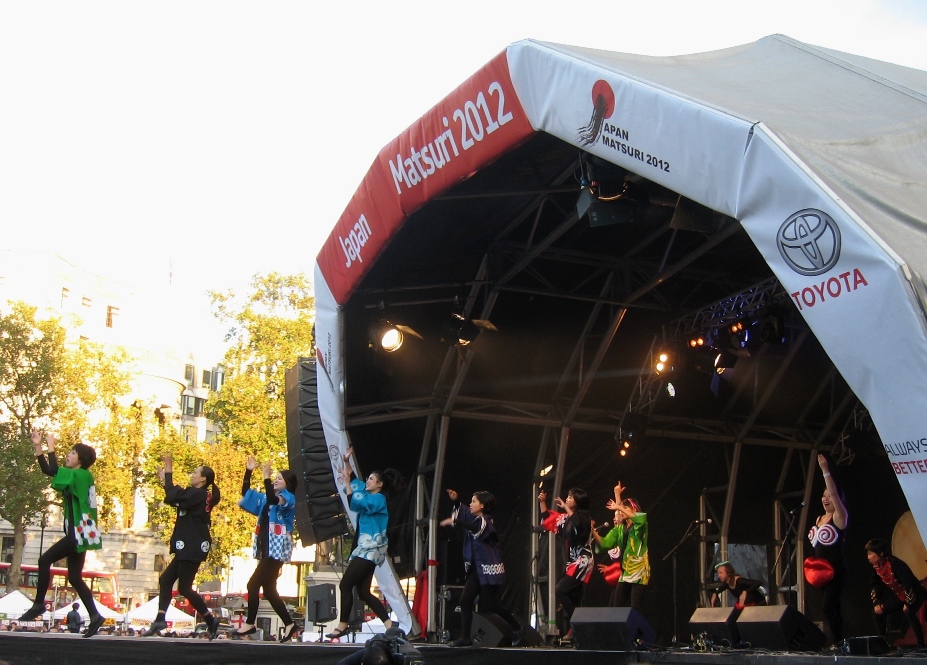
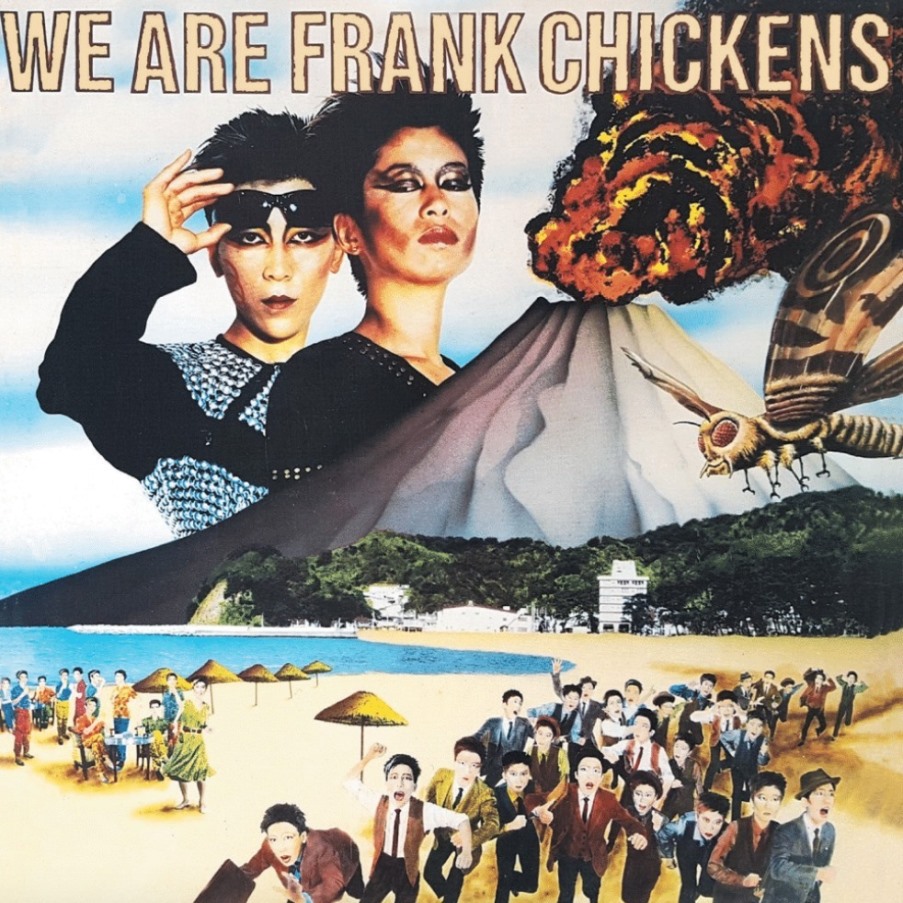
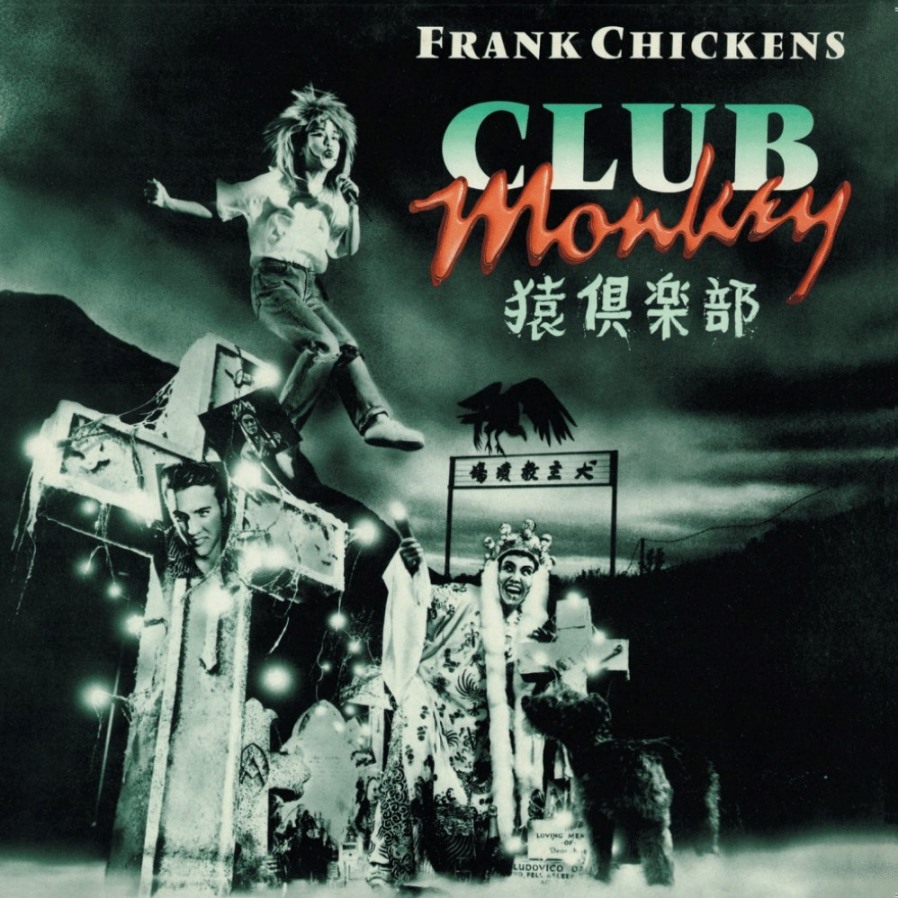
Follow Us!